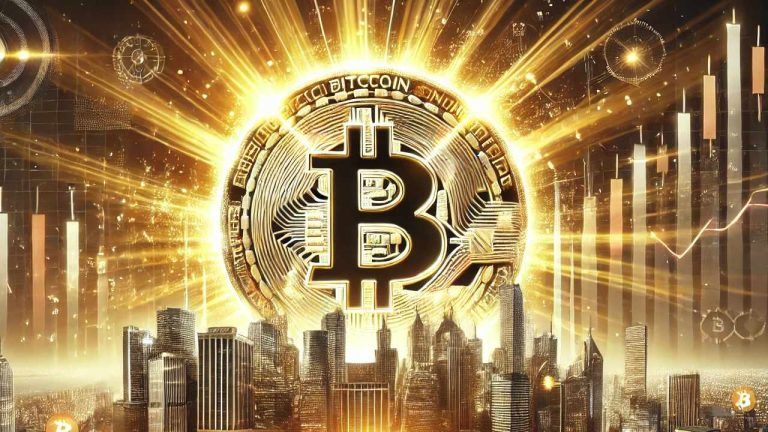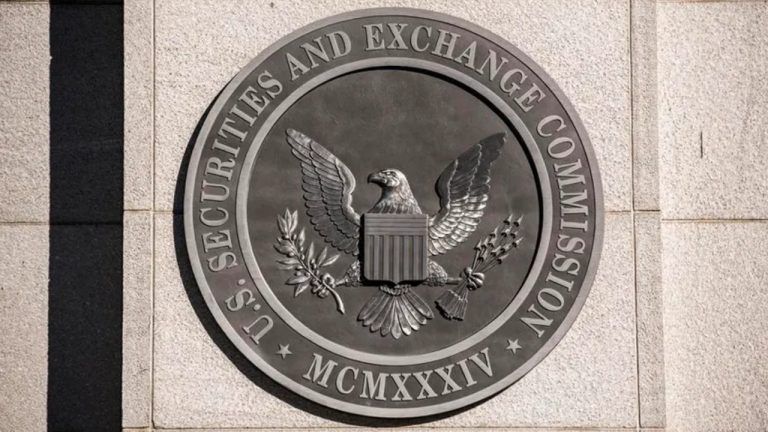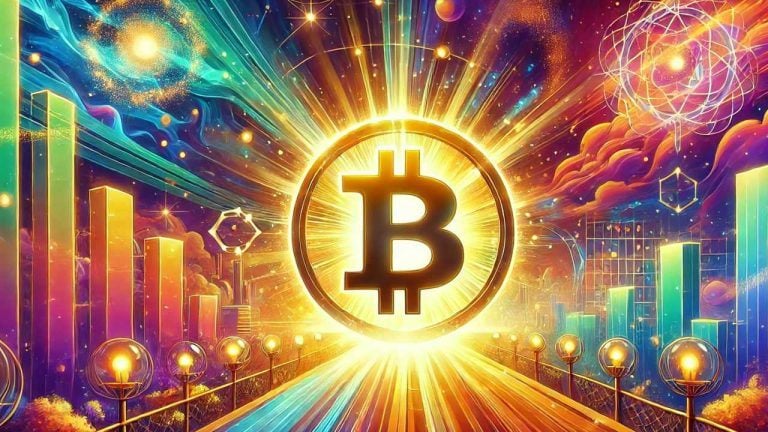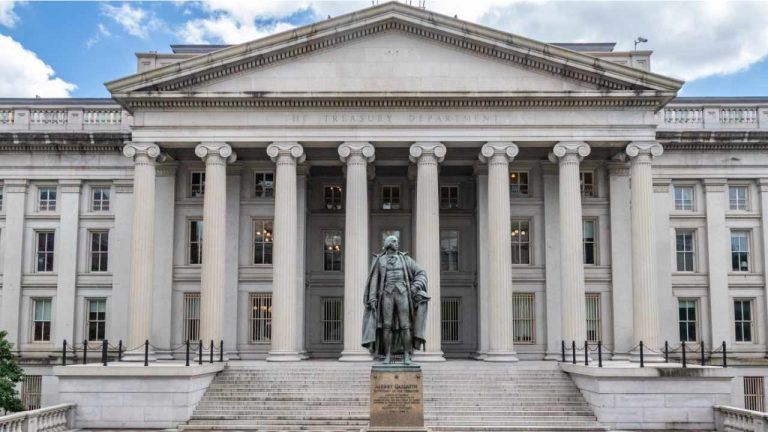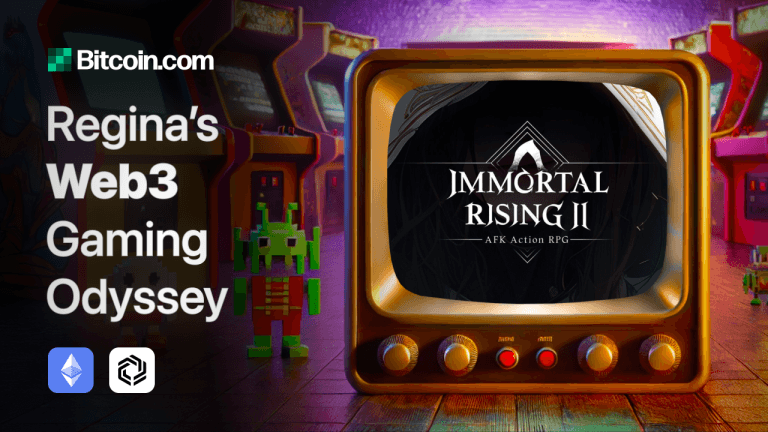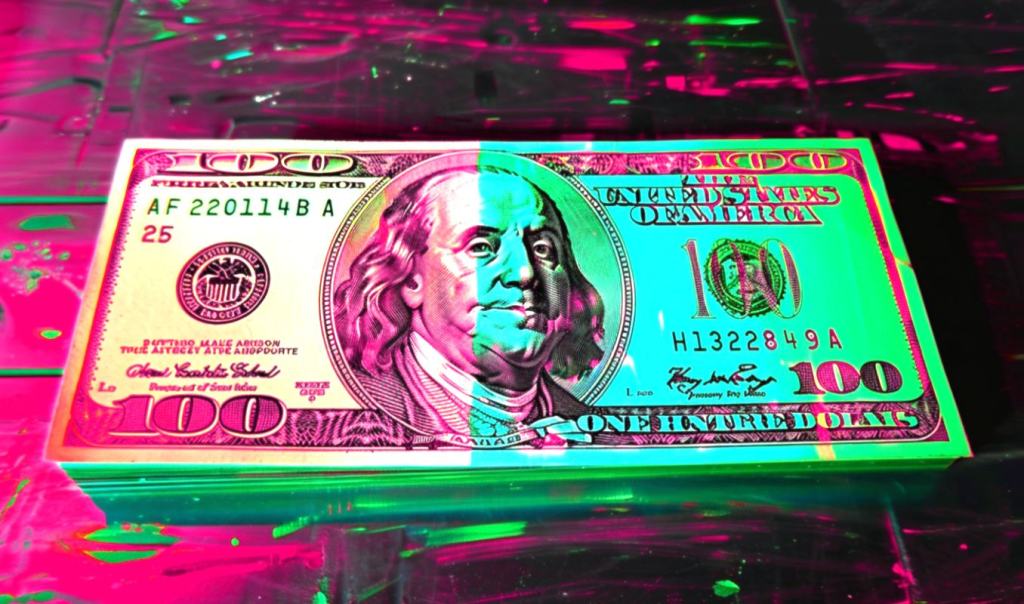
Uniswap v3 code free to fork as BSL expires

The license expiration marks a significant event within the DeFi ecosystem, as it enables developers to deploy their own decentralized exchange (DEX).
Developers are now allowed to fork Uniswap v3 protocol as its Business Source License (BSL) expired on April 1, shows the protocol documentation. The expiration was a much-anticipated event within the DeFi ecosystem, as it enables developers to deploy their own decentralized exchange (DEX).
The BSL is a type of license meant to last for a determinate period before becoming completely open source. In general, the purpose is to protect the author’s right to profit from their creations. Uniswap v3’s license was released in 2021 for a period of two years, preventing its code from commercial use. A new license called General Public License applies to the protocol now.
To fork the code, developers will be required an Additional Use Grant, a production exemption meant to accommodate both the needs of open-source and commercial developers.
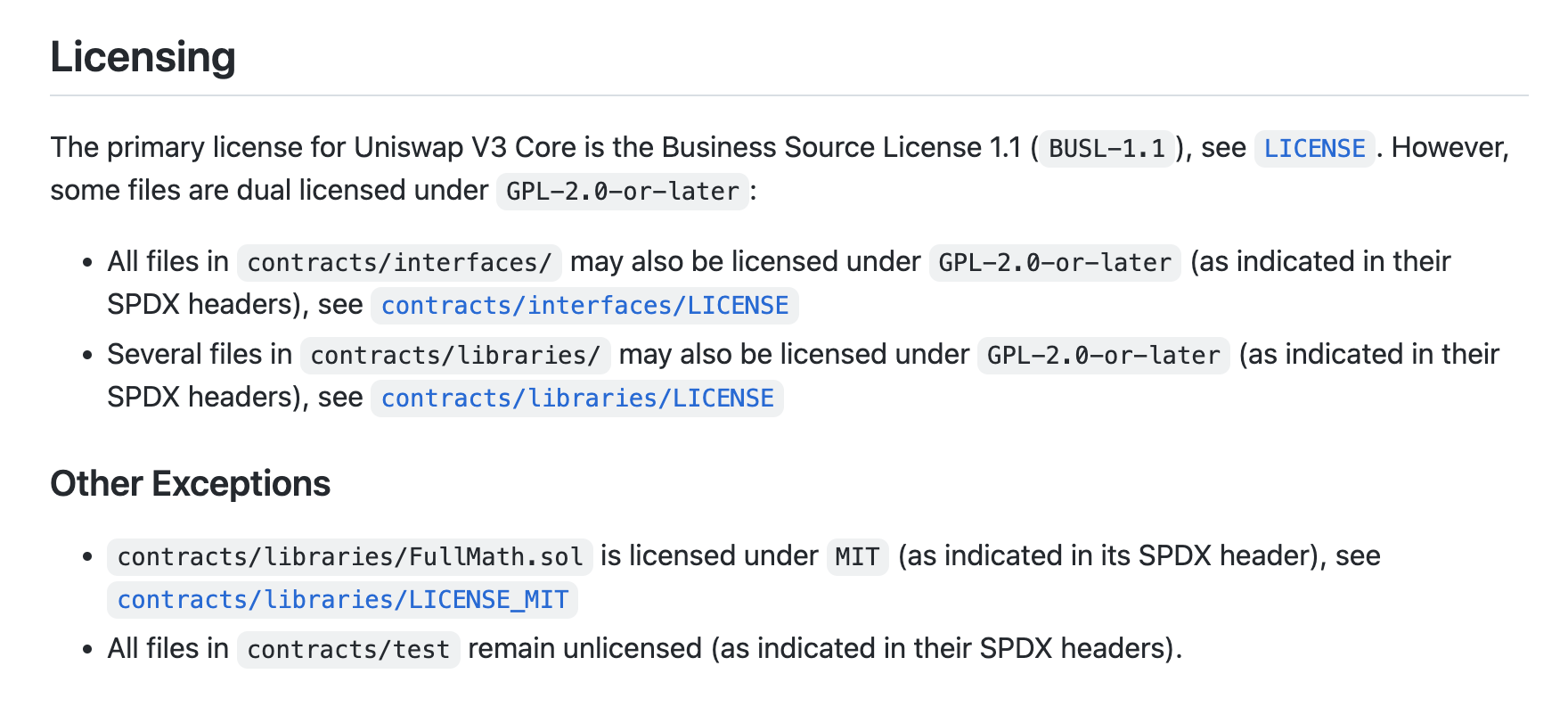
Uniswap is a widely utilized decentralized exchange, considered the biggest automated market maker (AMM) in DeFi space, providing a platform where token creators, traders, and liquidity providers to swap tokens. Its token UNI (UNI) is a popular way for investors to gain exposure to the DeFi market.
In May 2021, shortly after being launched, Unisawp v3 surpassed Bitcoin in terms of daily fee generation, Cointelegraph reported. Data from Cryptofees showed that Uniswap v3 was generating $4.5 million in daily fees at that time, while Bitcoin was behind at the time with $3.7 million in daily fee generation.
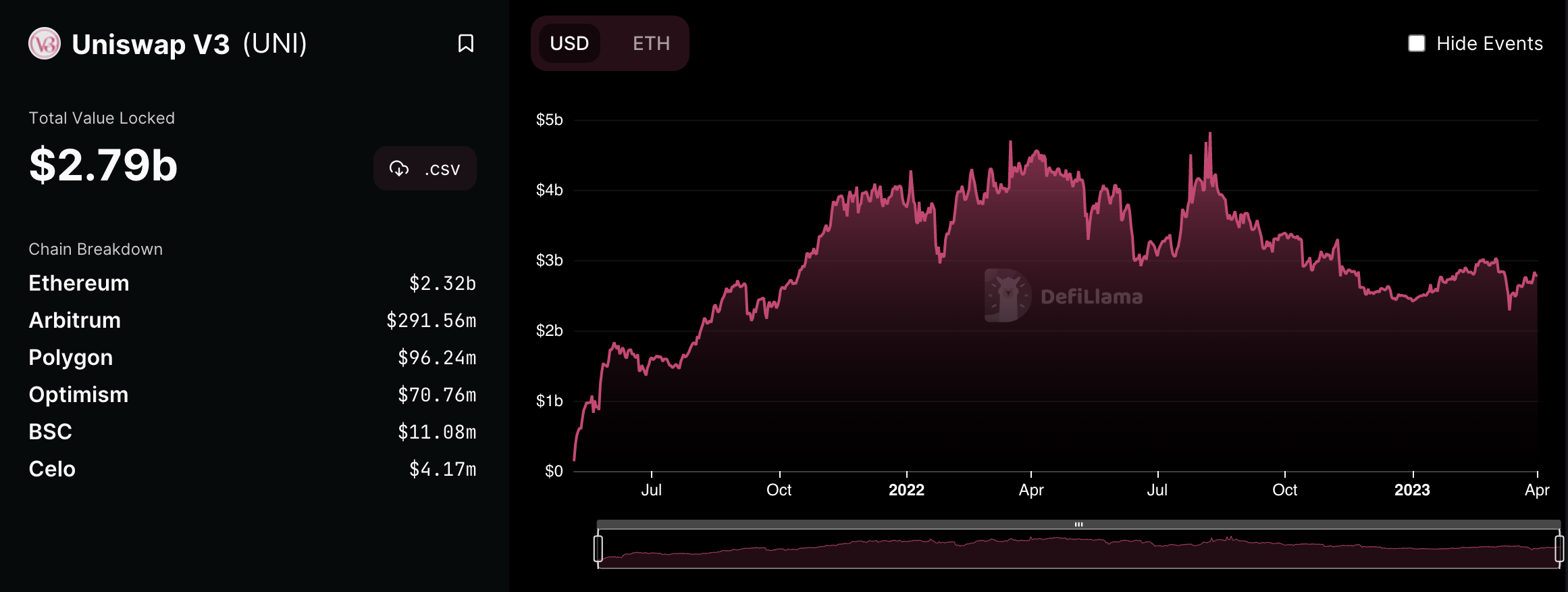
Earlier this month, Unisawp officially went live on the BNB Chain, Binance’s smart contract blockchain, after more than 55 million UNI token holders voted in favor of a governance proposal by 0x Plasma Labs to deploy the protocol on the BNB Chain. Through the move, Uniswap users will have access to BNB Chain’s ecosystem for trading and swapping tokens. The integration also allowed Uniswap to tap into a pool of liquidity with BNB Chain’s DeFi developer community.
Go to Source
Author: Ana Paula Pereira


